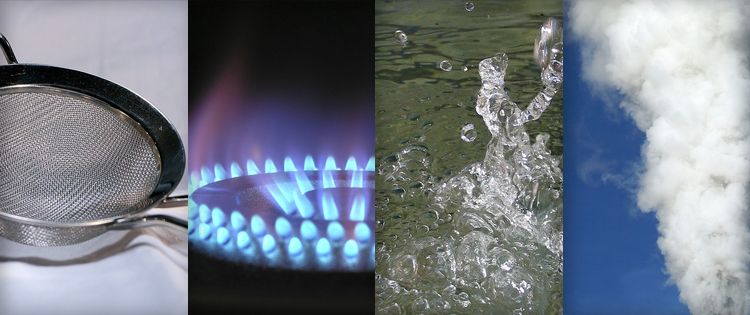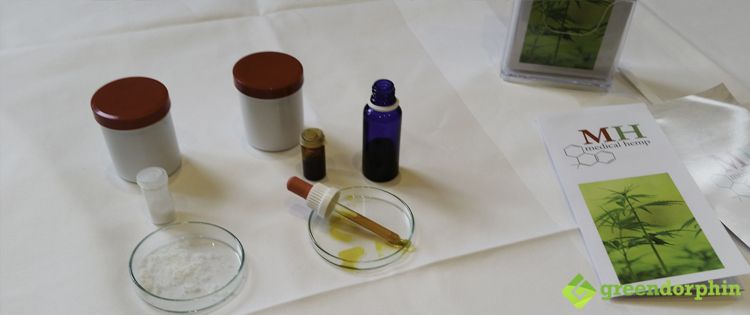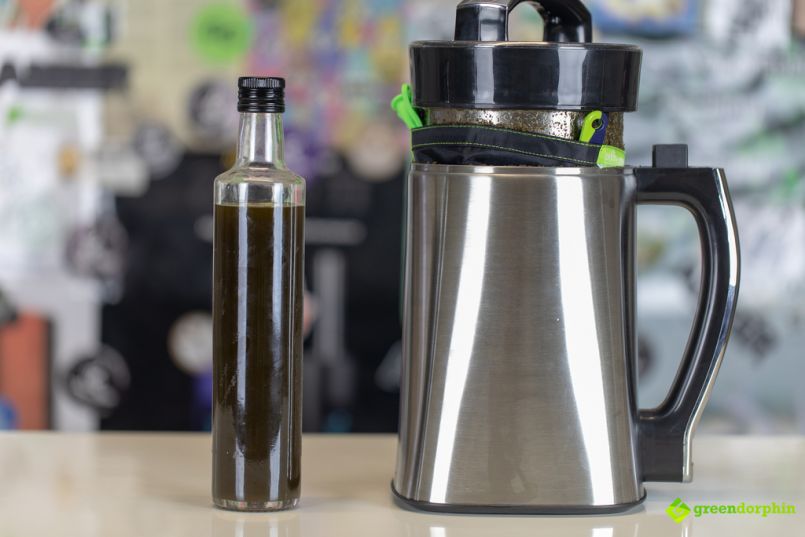You know that CBD offers a wide range of health benefits. You also know that CBD comes in a variety of products from gummies and oils to vapes and tinctures.
But do you know how this beneficial compound is extracted? There are actually a number of different ways, all with their own pros and cons.
Here we’ll explore the most common forms of CBD extraction and what makes each one unique.
What is the CBD Extraction Process, Anyway?
Before we get into the different types of CBD extraction methods, let’s briefly cover what exactly it means.
CBD is one of over 100 cannabinoids found in the marijuana plant. In order to produce and manufacture CBD products, this substance must be extracted from the cannabis plant.
Removing, processing, and purifying cannabidiol (CBD) is known as the extraction process. But not all methods are created equal. Here’s why.
CO2 Extraction
Let’s start at the top. CO2 extraction is arguably the most advanced method of extraction. But being the best comes at a price. When done correctly, this is the most expensive type of CBD extraction because it produces the safest, purest products.
CO2 extraction is done using CO2 and a three-chamber system. The first chamber is filled with pressurized CO2. The second chamber is filled with dried plant material and the last chamber holds the finished product.
Pros
Aside from producing a pure, safe product the CO2 extraction process has many other benefits.
- Specific cannabinoids are isolated
- Products contain no residual contaminants, making them the perfect option for vaping
- The high-quality product retains most cannabis properties
- The finished product is healthier and cleaner than most
Cons
Like anything in life, there are pros and cons to anything. Here are a few cons to using the CO2 extraction process.
- CO2 extraction equipment is some of the most expensive
- The CO2 extraction system is complex and usually requires a skilled technician to operate
- CO2 extraction is slow compared to other techniques
Hydrocarbon Extraction
Hydrocarbon extraction involves the use of solvents such as butane, which is why it’s performed in a controlled atmosphere like a laboratory. Special equipment is needed to perform hydrocarbon extraction.
Anyone looking to perform their own CBD extractions should look for another method. This technique is reserved for professionals only!
Because this method uses solvents and gases, the extractors must constantly monitor the safety of the process. This includes monitoring gas levels and ignition points, having adequate ventilation in your workspace, and establishing a fire-safety plan (including installing a suppression system) in the event of an explosion.
Pros
Even though the hydrocarbon extraction process can be a dangerous one and isn’t for the faint of heart, there are several benefits that make it an appealing extraction method.
- The extraction process is quick (much quicker than the CO2 method)
- The equipment is more affordable then what’s needed for CO2 extraction
- CBD products produced from this type of extraction are highly potent
Cons
Fast production time and a highly potent product come with a few risks and downsides.
- Although the equipment is less expensive than for CO2 extraction, it’s still quite costly
- This extraction process is reserved for professionals
- The equipment, facility, and process can be costly
- The amount of hydrocarbon you’re allowed on site at one time is regulated, making it difficult to scale up production.
Olive Oil Extraction
This is a tried-and-true DIY extraction process. If you’re looking to perform CBD extraction on your own, this is one of the oldest methods in the book.
During this process, the cannabis plant is heated to activate its compounds. This heated cannabis is added to olive oil and reheated. The olive oil is now infused with CBD and then consumed.
Pros
- This is one of the most cost-effective CBD extraction methods and requires only two ingredients — olive oil and the cannabis
- Olive oil extraction is simple and perfect for those who want to perform extraction themselves
- One of the safest and basic methods that you can perform using almost any heat source
Cons
- Once you produce the CBD extract using the olive oil method, you need to use it right away. You can’t store the finished product for extended periods of time because it’s perishable. If you plan to store it, it needs to be in a cool, dark place.
- You can’t smoke this form of CBD
- The CBD extract produced isn’t highly-concentrated, which is why it needs to be ingested to have the desired effects.
Dry Ice Extraction
Dry ice isn’t used just for creating neat smoking effects. It’s actually used as another DIY form of CBD extraction.
This method uses dry ice to isolate cannabis resin and create concentrated THC. This is a popular choice among those who choose to smoke CBD in a form known as hash.
Pros
- This is the fastest extraction method for producing hash
- A relatively inexpensive method since no expensive equipment is required
- Easy for DIYers since no extensive training is needed
- The CBD product is ready to use right away with no drying time needed
Cons
- If you’re not careful, dry ice can burn your bare skin due to its extremely low temperature
- When dry ice is exposed to the air, it turns to gas immediately, which means you need to use it quickly
- This CBD extraction method is not scalable
CBD extraction comes in all forms. Some methods are costly but produce high-quality, safe products. Unfortunately, these methods are usually reserved for professionals and performed in a controlled setting.
On the other hand, DIY methods are less expensive and simpler to perform, but may not yield the quality product you’re used to.
Before purchasing CBD, find out what extraction process was used. The same can be said for extracting CBD on your own — do plenty of research about the different methods beforehand and always practice safety.
- Why CBD Gifts Could Be the Perfect Present For Your Loved Ones - July 15, 2020
- Common Kratom Myths Debunked - July 14, 2020
- The Pros and Cons of Different CBD Extraction Methods - May 8, 2020




